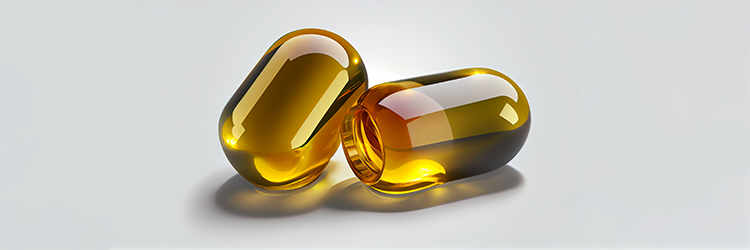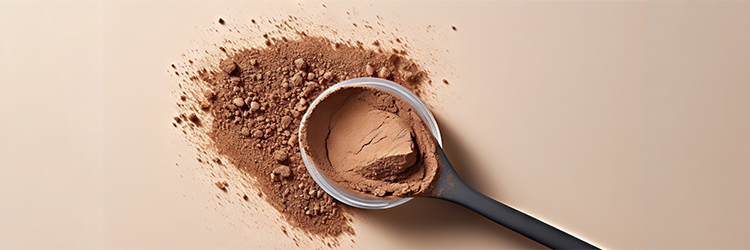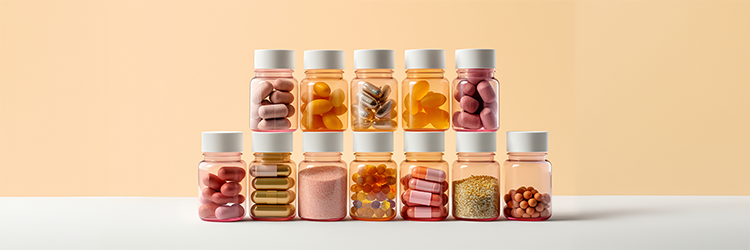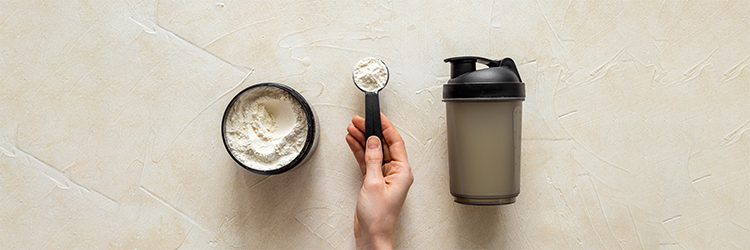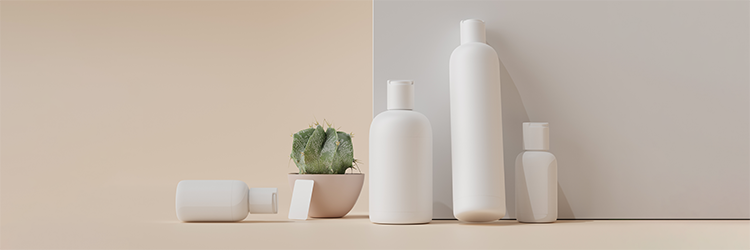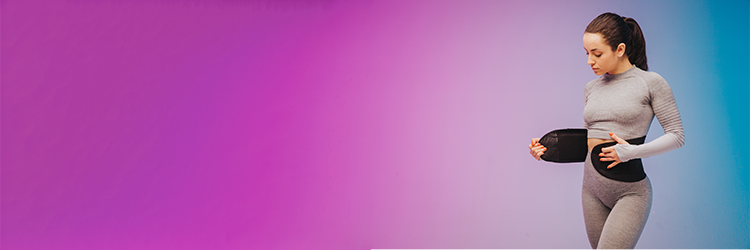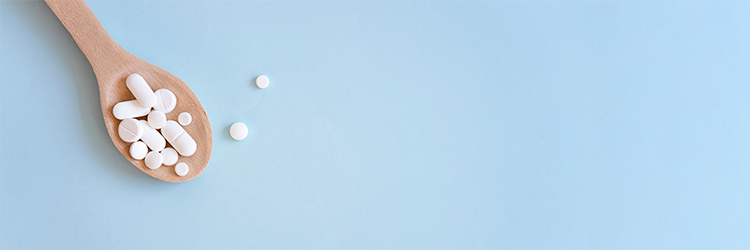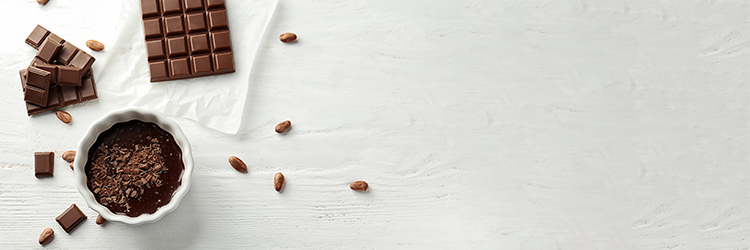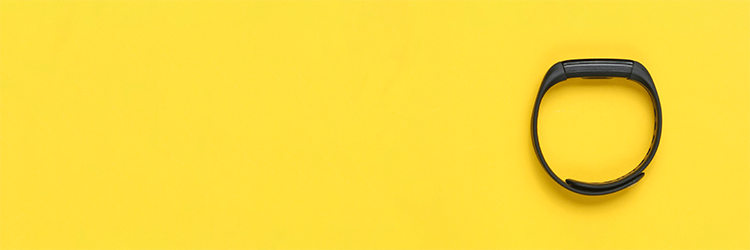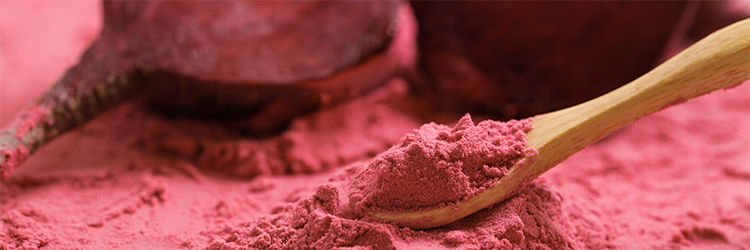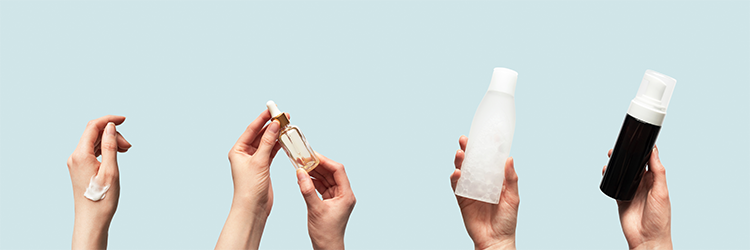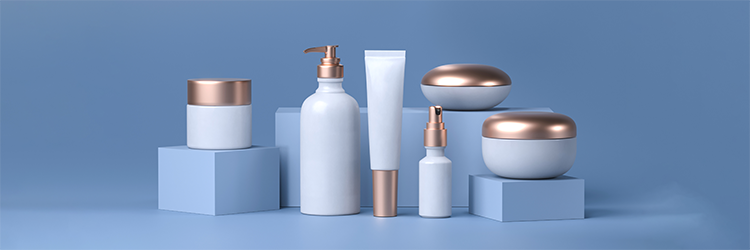
Disclaimer: None of the information in this article constitutes medical advice, and is just the opinion of the writer(s). We recommend that patients follow their doctor’s guidance in regard to prescription medication.
Contrave is a prescription weight loss pill that's approved for use in the US by the Food and Drug Administration (FDA).
The generic name for the drug is naltrexone HCL/bupropion HCL and we'll use these terms interchangeably throughout this article as they refer to the same active drug ingredient(s).
But is Contrave proven in research studies to cause weight loss? And if so, how much? Does the drug cause side effects? And how do real users rate and describe the effects of Contrave?
In this article we’ll answer all of these questions and more, as we analyze medical studies on Contrave to determine whether or not the drug causes weight loss, and to what degree.
We'll discuss the potential for side effects, feature unsponsored user reviews including before-and-after images, and explain if there are foods that you have to avoid while taking Contrave.
Key takeaways:
- Contrave is clinically proven to cause weight loss
- May cause severe side effects including suicidal thoughts
- Contains inactive ingredients that may be unhealthy
Does Contrave Cause Weight Loss?
Contrave has been studied in several clinical trials for its effects on weight.
A published in the Pharmacy & Therapeutics journal analyzed results from four clinical trials, and in all four trials, Contrave caused weight loss.
36% of patients lost greater than 5% of their body weight in 56 weeks in the worst-performing trial, while 57% of patients lost greater than 5% of their body weight in 56 weeks in the best-performing trial.
A 2016 examined whether Contrave was effective for weight loss in patients with type 2 diabetes.
Data from over 4,500 patients was analyzed, and the researchers found that Contrave was effective in this patient population, causing an average of 11-22 pounds of weight loss over 56 weeks.
Based on the available medical research, we will conclude that Contrave is effective for weight loss, which is unsurprising given that the drug is approved by the FDA for this indication.
Does Contrave Cause Side Effects?
Contrave does cause side effects in some patients, and the side effects may be more severe than other weight loss drugs such as Plenity, because Contrave works neurochemically while Plenity simply takes up space in the stomach.
A medical review published in the Hormones journal detailed the most common side effects of Contrave: nausea (experienced by 29-42% of patients), constipation (16-24%) and headache (14-24%).
These are relatively minor side effects.
The more concerning side effects, which are significantly more rare, involve suicidality.
Contrave's FDA label contains a "black box" warning, which is the most severe type of warning mandated by the FDA. It indicates a side effect which may be life-threatening.
The label states that Contrave may increase risk of suicidal thinking and actions in children, adolescents and young adults.
The risk of suicidal thoughts or actions likely affects a very small percentage of Contrave users, but this warning suggests that patients in these population groups, or patients with a personal or family history of suicide, may benefit from speaking with their doctor about alternative weight loss medications without this risk.
Real People Try Contrave
A YouTube creator named "B Runewicz" shares before-and-after images of weight loss caused by Contrave:
A YouTube creator named "Karen's Krazy Keto Life" shares her experience taking Contrave, and discusses whether or not the drug is worth it in her opinion:
Questionable Inactive Ingredients

The active and inactive ingredients in Contrave are shown above.
Opadry II Blue and FD&C Blue #2 aluminum lake are inactive ingredients, and are artificial dyes.
A on the toxicology of artificial food dyes found all of them to be potentially harmful, and the study authors suggested that all be removed and replaced with safer alternatives.
Certainly the dose of these dyes in Contrave will be relatively low, but we hope that in the future the drug's manufacturer considers removing these dyes, or replacing them with more "natural" alternatives, since dye has no impact on the efficacy of the drug.
Is Avoiding Certain Foods Required?
While the use of Contrave doesn't require eliminating any specific foods from the diet, the drug's FDA label does have suggestions about one category of food that may be best to avoid while taking Contrave.
The drug's label suggests that taking Contrave with high-fat meals may increase the risk of seizure.
The label also suggests limiting or avoiding use of alcohol while taking Contrave.
Examples of healthy, low-fat meals that may be a good option to eat with Contrave are shown below:
- Medium-sized portion of oatmeal, fruits and a black coffee for breakfast
- Lean, free-range chicken breast and a side salad with balsamic vinegar for lunch
- Whole wheat pasta with pesto and a side of avocado for dinner
How Much Does Contrave Cost?
The retail price of Contrave is over $500, at the time of updating this article, according to GoodRx.
Patients can often access a subsidized price through their health insurer.
Contrave's official website has a Savings Page that highlights a program called "CurxAccess." This resource page suggests that patients can pay $99 or less with the help of this program.
It's also notable that generic versions of the active drug ingredients in Contrave are available individually on Cost Plus Drug Company, which is Mark Cuban's discount drug venture.
A 30-count bottle of bupropion HCL (one of the two active drug ingredients in Contrave) at a 75 mg dose currently costs $6.80 on Cost Plus Drug Company's website.
Cost Plus Drug Company does sell naltrexone HCL, but at a higher dose than is typically used in Contrave.
We only highlight this information because cost-conscious patients may benefit from discussing the option of purchasing generic versions of the two active drug ingredients individually with their doctor.
Patients Rate Contrave
Contrave has been reviewed over 1,700 times on Drugs.com for treating obesity, with an average rating of 6.6 out of 10 at the time of updating this article.
Drugs.com allows prescription medication users to publish reviews of their personal experience using a drug.
We cannot verify the accuracy or authenticity of any reviews on this site.
The top positive review for Contrave is written by a user named "Court98" who claims the drug caused a significant amount of weight loss:
"When I started I was 275lb and was just not happy with where I was with my body and health...As of now (3 months in) I am 45 pounds down weighing in at 230. It is such a simple medication and works so quickly when paired with a good diet."
The top negative review comes from a user named "Dee Dee" who claims that Contrave is less cost-effective than taking the generic versions of the drug separately:
"Contrave is costly. To avoid paying unnecessary money, just have your MD prescribe the two medical ingredients separately ie bupropion as one med and the naltrexone as the other. I only pay $20/month. By having them prescribed separately, my insurance covers almost ALL the cost."
Our Clean Weight Loss PicksWe receive compensation when readers purchase the products or services we recommend.

Ceylon cinnamon was described as "an effective anti-obesity agent" in a 2022 . The study authors concluded that effects were greater at doses at or over 3 grams daily.
Illuminate Labs Ceylon Cinnamon Extract is our standardized Ceylon cinnamon supplement which is third-party tested to ensure purity and potency.
Dietary fiber was shown in a published in The Journal of Nutrition to cause 16 pounds of weight loss in 6 months when combined with moderate caloric restriction (750 calories per day below baseline).
MBG Organic Fiber Potency+ is our top fiber pick because it's certified organic, provides 7 g of fiber per serving and costs under $1.85 per serving at the time of updating this article.
Both of the products mentioned in this section are entirely free of additive ingredients that we consider to be unhealthy.
We are not suggesting that the products referenced in this section are as effective as Contrave, or any other FDA-approved weight loss medication. Rather, we're sharing options that patients with an aversion to pharmaceutical medication may wish to speak to their doctor about.
Contrave Dosage
According to the research review published in the Pharmacy & Therapeutics journal linked in a previous section of this article, Contrave is typically dosed at one capsule daily for the first week, which contains 8 milligrams (mg) of naltrexone HCL and 90 mg of bupropion HCL.
Another tablet is added to the daily regimen on week two, and by week four the maximally-effective dose of four daily tablets should be achieved.
This maximum dose provides 32 mg of naltrexone and 360 mg of bupropion.
Doctors will typically prescribe patients a dose at the lower end of the therapeutic range to assess efficacy.
If the patient experiences beneficial results at a low dose, their doctor may keep them at this dose, because it can minimize the risk of side effects.











































































